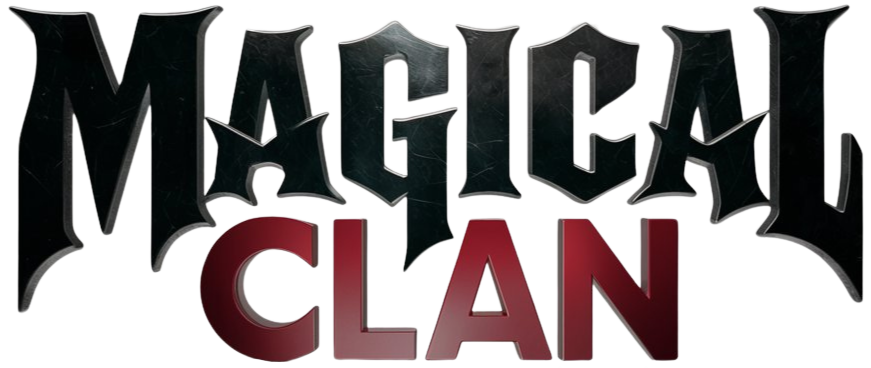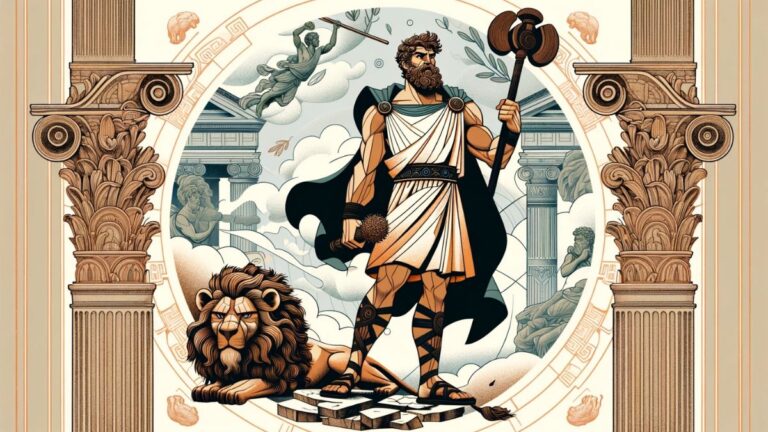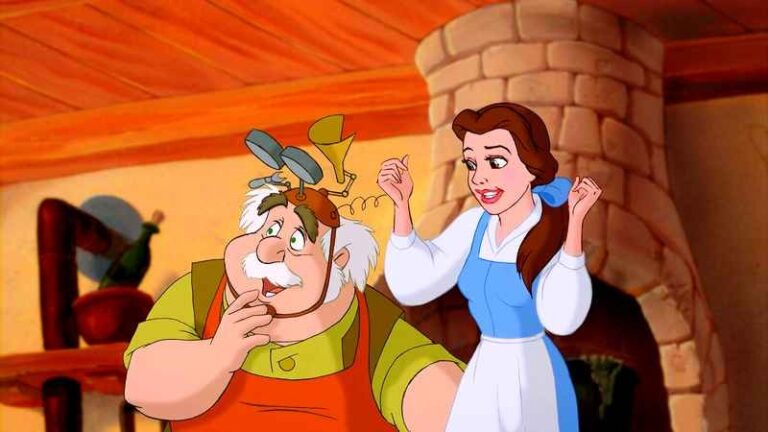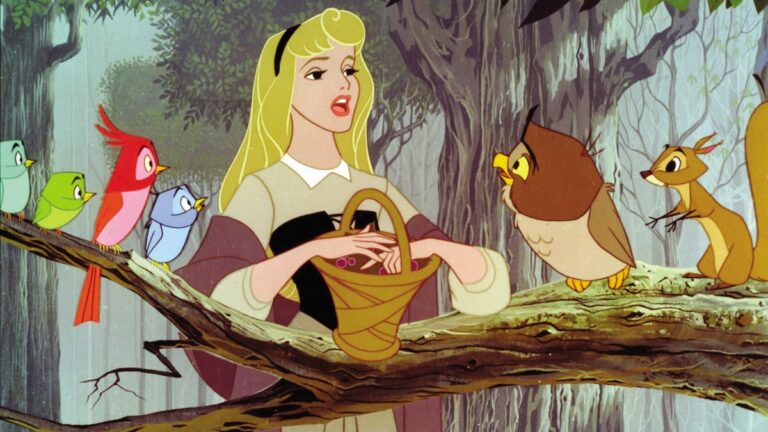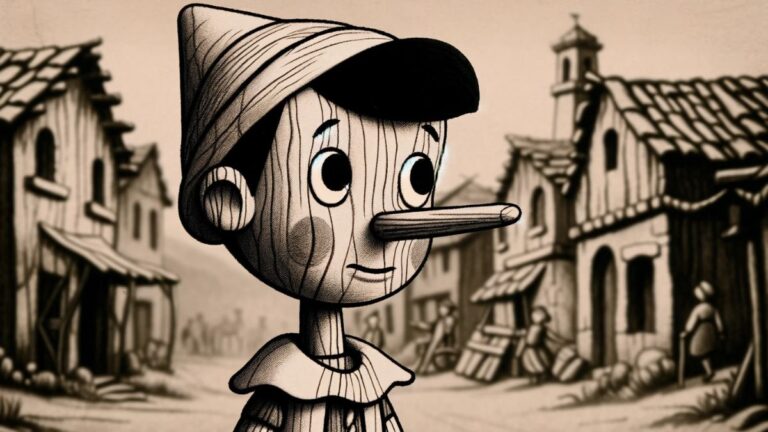The Original Lion King: Tracing the Parallels to Hamlet and African Mythology
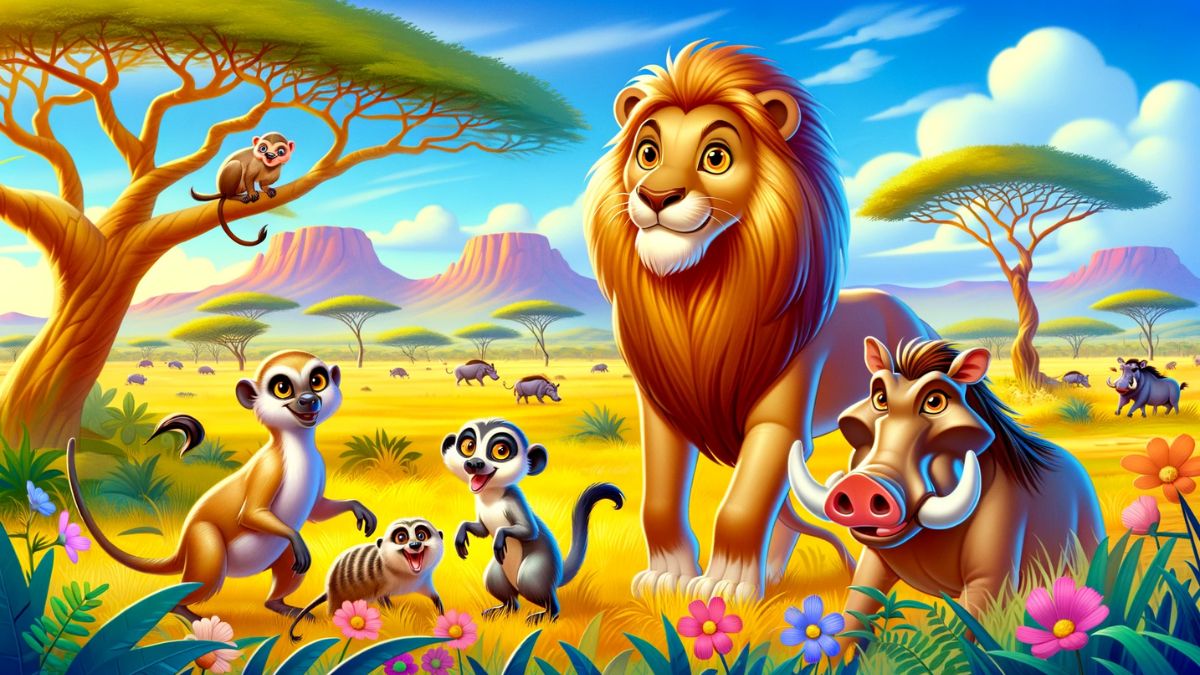
When we think of “The Lion King,” the vibrant images of Simba, Mufasa, and the African savanna often come to mind, along with catchy songs and memorable characters. However, the original story of “The Lion King” is a tapestry woven from deeper threads, drawing remarkable parallels to Shakespeare’s “Hamlet” and rich African mythology. This article delves into these connections, exploring how this beloved animated tale is anchored in classic literature and cultural lore. We’ll uncover the layers that make “The Lion King” a story of power, betrayal, and the circle of life, resonating with audiences across the world.
Shakespeare in the Savanna: “The Lion King” and “Hamlet”
“The Lion King” is often cited for its striking similarities to Shakespeare’s “Hamlet,” and this section explores that connection in depth. We delve into the thematic parallels, such as the themes of revenge, the struggle for power, and the journey of self-discovery. Just as Hamlet grapples with his destiny and the betrayal of his uncle, Simba faces a similar path in his journey to reclaim his kingdom.
Moreover, we examine the character archetypes shared between the two stories, from the wise mentors to the comic relief, and how these elements are woven seamlessly into the narrative of “The Lion King.” This comparison not only highlights the universal appeal of Shakespeare’s work but also demonstrates how timeless stories can be retold in new and culturally diverse contexts.
Roots in African Mythology: The Cultural Backbone of “The Lion King”
Beyond its Shakespearean roots, “The Lion King” is deeply embedded in African mythology and cultural narratives. This section explores how the story incorporates elements of African folklore and traditions, from the portrayal of the animal kingdom to the spiritual connection with ancestors. The rich tapestry of African culture provides a backdrop that is both exotic and familiar, lending authenticity and depth to the story.
The influence of African mythology is evident in the characters, symbols, and themes of “The Lion King.” By drawing on these cultural sources, the story gains a unique perspective, celebrating the diversity and richness of African heritage. This exploration reveals how “The Lion King” is not just a retelling of a Western classic but a fusion of global narratives.
Themes of Leadership and Legacy
At its core, “The Lion King” is a story about leadership and the responsibilities that come with it. This section examines how these themes are portrayed through the characters and their journeys. From Mufasa’s wise and benevolent rule to Simba’s growth from a carefree cub to a responsible king, the story encapsulates the challenges and rewards of leadership.
Furthermore, the theme of legacy is a crucial element in “The Lion King.” The concept of the “circle of life” underscores the idea that our actions have lasting impacts, shaping the future for generations to come. This discussion sheds light on how “The Lion King” addresses profound life lessons in a way that is accessible to audiences of all ages.
“The Lion King’s” Enduring Appeal and Influence
The final section of the article looks at the enduring appeal and influence of “The Lion King.” Despite being rooted in classic literature and African mythology, the story remains relevant and beloved by modern audiences. We explore how its themes of family, identity, and the natural world continue to resonate, and how the story has been adapted and reimagined over the years.
Additionally, we consider the impact of “The Lion King” on popular culture and its role in bringing African narratives to a global audience. The story’s success has paved the way for greater representation and appreciation of diverse cultures in mainstream media. This legacy underscores the power of storytelling to bridge cultural divides and inspire future generations.
